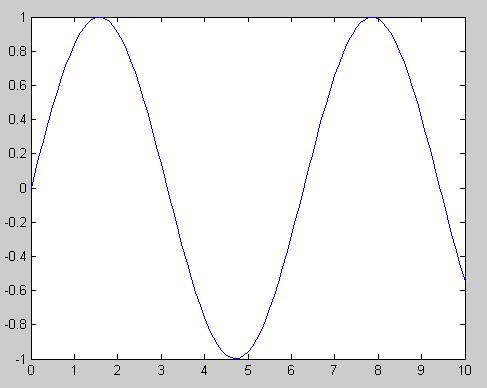(→Non-Periodic Function) |
|||
| (One intermediate revision by one other user not shown) | |||
| Line 1: | Line 1: | ||
| + | [[Category:ECE301]] | ||
| + | [[Category:periodicity]] | ||
| + | =Periodic versus non-periodic functions ([[Homework_1_ECE301Fall2008mboutin|hw1]], [[ECE301]])= | ||
| + | <span style="color:green"> Read the instructor's comments [[hw1periodicECE301f08profcomments|here]]. </span> | ||
| + | |||
== Periodic Function == | == Periodic Function == | ||
| Line 5: | Line 10: | ||
CT periodic function: | CT periodic function: | ||
| − | y = sin(x) | + | <math>y = sin(x)</math> |
[[Image:sinplots_ECE301Fall2008mboutin.JPG]] | [[Image:sinplots_ECE301Fall2008mboutin.JPG]] | ||
Latest revision as of 06:24, 14 April 2010
Periodic versus non-periodic functions (hw1, ECE301)
Read the instructor's comments here.
Periodic Function
A periodic function is a function that has repeating values after a certain period of time and keeps repeating as time continues.
CT periodic function:
$ y = sin(x) $
Non-Periodic Function
DT non-periodic function:
$ y = sin(x) $
Even though the equation is the same, this equation is in discrete time, so it's a non-periodic function.



